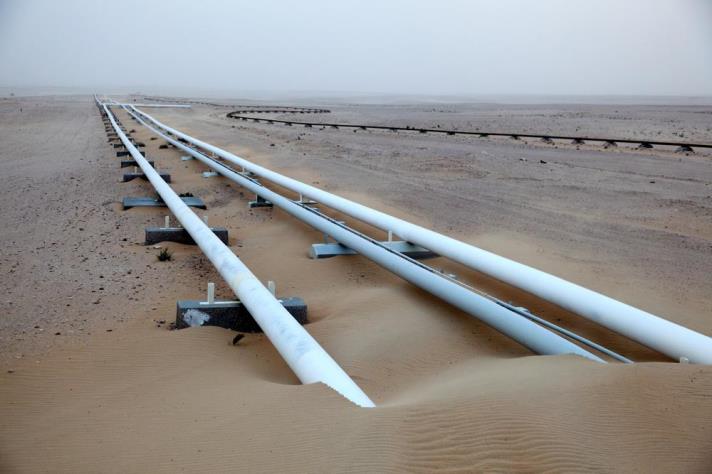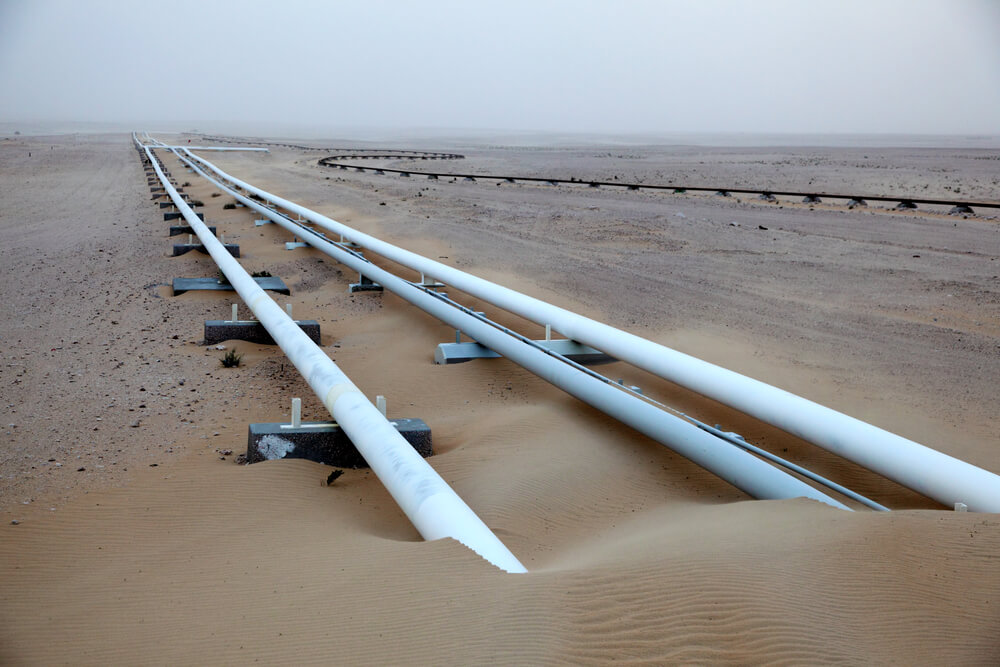
Cheap Oil, Politics and Slow Reforms Keep MENA Outlook Negative
With three of the 12 MENA sovereigns (more than 20%) on a Negative Outlook, the overall Outlook is deemed Negative. None are on a Positive Outlook.
Fitch expects Brent crude oil prices to average USD45/bbl in 2017, broadly unchanged from USD44/bbl in 2016. This is still well below fiscal break-even prices in Saudi Arabia and Bahrain, even though these have decreased since 2015. Many oil importers in MENA also face considerable fiscal and growth challenges, despite low oil prices.
We expect overall growth in the MENA region to slow to 2.2% in 2017, from 2.6% in 2016, weighed down by Iraq and Kuwait, both of which saw strong oil output growth in 2016 that we do not expect to be sustained in 2017. Growth in oil-exporting Gulf countries will generally be subdued, as governments rationalise their spending in an environment of still-low oil prices. Growth will remain challenging for oil importers, held back variously by domestic and regional political risk, limited structural reforms and spill-over from weaker growth in the GCC.
In 2017, we forecast the average budget deficit of Fitch-rated GCC sovereigns to narrow but remain large, at 5.2% of GDP. GCC countries will finance their fiscal deficits by issuing debt and drawing on their reserves and wealth funds. Most Gulf states still have substantial financial buffers, but low oil prices are forcing an agenda of fiscal reform. 2017 will begin to test the resilience of fiscal reform efforts.
The fiscal balances of oil importers stand to benefit from another year of low oil prices, but Egypt, Lebanon and Tunisia still face considerable fiscal challenges. Mediocre growth prospects and risks of political instability are hindering fiscal consolidation. IMF programmes are lending support to a number of countries in the region, but deeper structural reform will only proceed slowly.
For weaker oil producers, the path of oil prices and the policy response to them will be key drivers of ratings in 2017. Large and persistent gaps between actual and fiscal breakeven oil prices, leading to a rapid erosion of net sovereign assets, would put downward pressure on ratings. Substantial oil price deviation from our baseline forecast could have an impact on ratings, both for oil exporters and oil importers.
Geopolitical developments have the potential to impact ratings in 2017, as do domestic political trends in countries still looking to cement greater political stability.
A weaker commitment to fiscal consolidation would put pressure on ratings, particularly for sovereigns with large deficits. Reforms to strengthen the business environment and private sector could lead to positive rating actions.
The report, ‘2017 Outlook: MENA Sovereigns’, is available on www.fitchratings.com or by clicking the link above.























